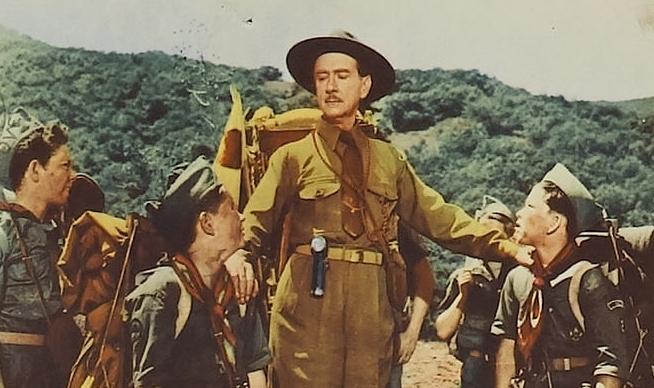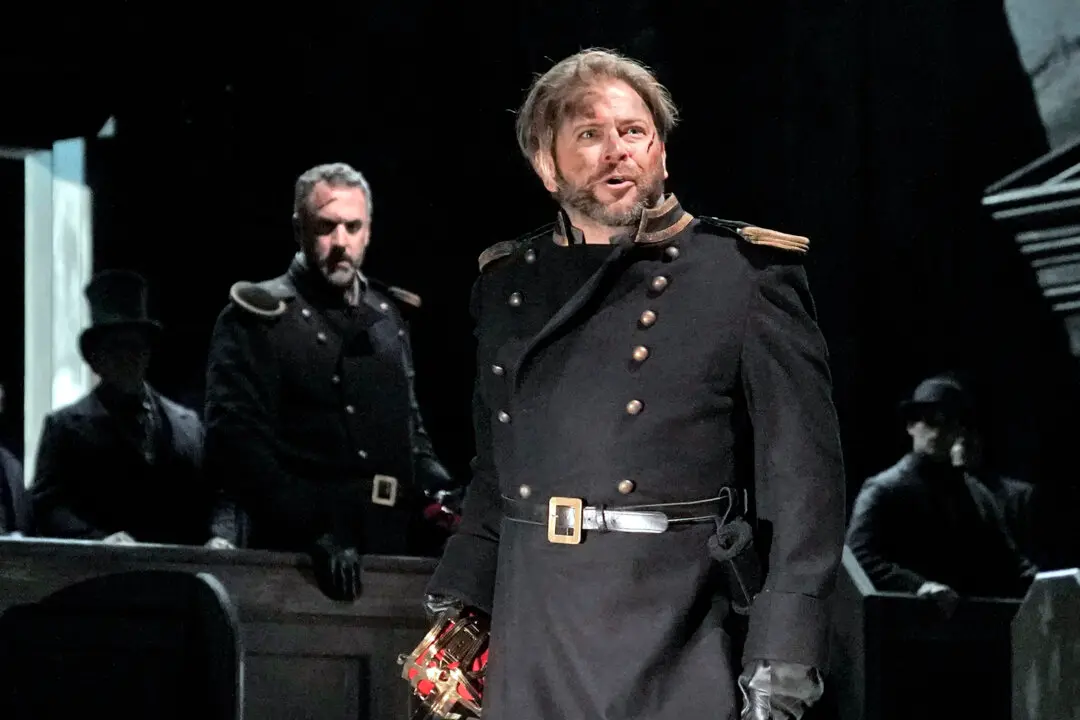Commentary
How can a childless, middle-aged intellectual writer relate to children enough to find out why they aren’t watching the television show for which he writes? The answer is to become a scoutmaster for a rowdy Boy Scout troop! Clifton Webb faces this dilemma in “Mister Scoutmaster” from 1953. It costars Frances Dee, Edmund Glenn, and George “Foghorn” Wilson. This is a really fun family film.





